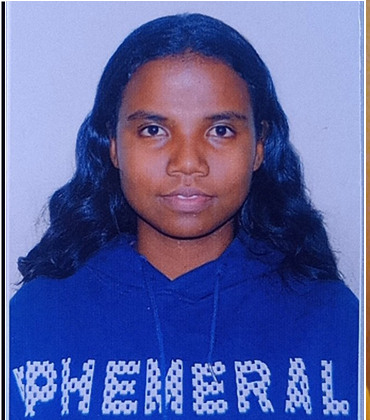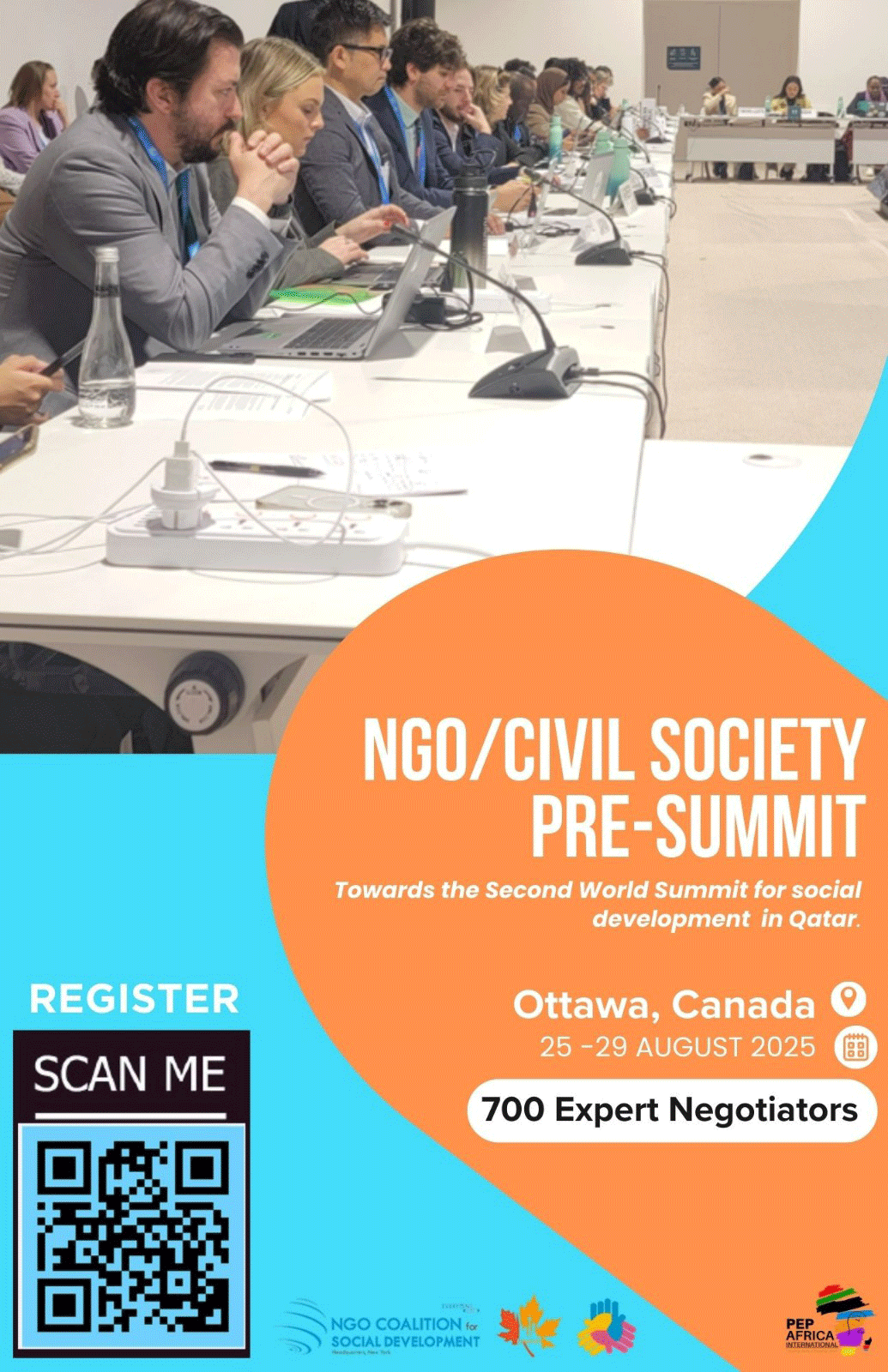
Team Madagascar
We area small group of young professionals passionate about making a difference in our country and committed to addressing global challenges.We generously volunteer ourtime to support PEP Africa’s mission. We work remotely, providing a cost-effective solution delivery model across our focus areas.
We oversee the utilization of donations, audit and control the organization’s financial records and policies, and ensure transparency and accountability to our supporters. Our team comprises a Country Lead (COL), Social Development (SoDET) Trainer, Program Administrator and Finance Officer (PAFO), Project Officer (PRO), Community Improvement Officer (CIO), Communications and Knowledge Manager (COMKnoM), and Youth Engagement Officer (YEO).
We present a life-changing opportunity to positively impact the lives of thousands of youths while experiencing human development and spirit. We are not only contributing to the mission of PEP Africa but also have the chance to advance our careers.
2024 – 2029
Madagascar Team
The Problems
Widespread WASH Needs
60% of assessed households in Burkina Faso face significant WASH-related needs. Critical water access issues, tensions at water points, and unimproved sanitation facilities are prevalent, posing severe risks to public health. Unimproved sanitation facilities pose serious public health risks, increasing the likelihood of disease outbreaks.
Severe Healthcare Deficiencies
3.6 million people are potentially deprived of medical aid. They lack access to essential healthcare services due to ongoing conflict and displacement. The inadequate WASH facilities exacerbate health risks, compounding the healthcare crisis, and the healthcare system is under severe strain, with over.
Economic Instability and Food Insecurity
65% of displaced households need reliable income sources. Over half of these households (57%) resort to crisis or emergency coping mechanisms, which severely impact their ability to afford food and essential services, leading to increased vulnerability and long-term socio-economic challenges. The economic situation for displaced households is particularly dire, leading to widespread food insecurity.
Addressing these challenges requires the government, civil society, and the private sector to coordinate efforts. Strategies should focus on improving access to quality education and healthcare, promoting youth employment and entrepreneurship, enhancing political participation and governance transparency, addressing gender inequality, bridging rural-urban disparities, and implementing sustainable environmental policies. Investing in youth empowerment and development is essential for Ghana’s sustainable development and future prosperity.







